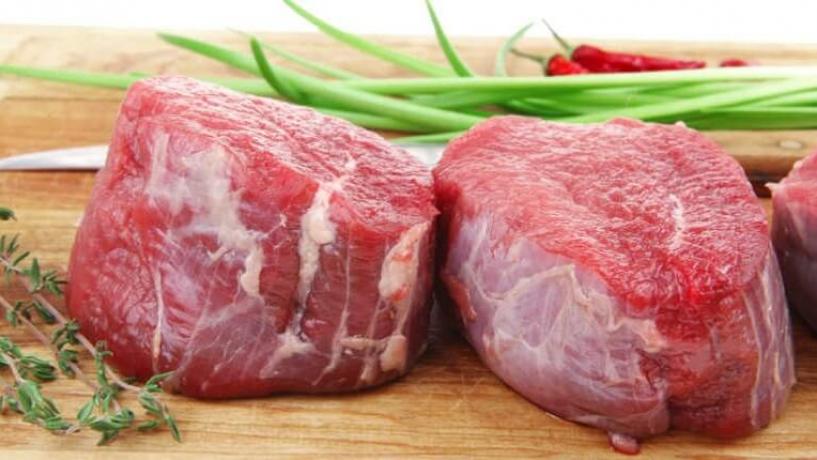
Raw meat can become very dangerous if it's not handled properly. There are several different types of bacteria that grow in raw meat, and they can all make you very sick.
When you're cooking and handling raw meats, it's vital that you take the proper steps to protect yourself and your family. If you follow the proper safe handling instructions, you can ensure that none of the bacteria is transferred to the plate. Below are the best practices you need to take in order to avoid food poisoning.
Always Chill Meat Properly
To keep meat safe for eating, you need to make sure it's kept at the right temperature. Like other high-risk foods, meat needs to be kept chilled under 5°C and frozen under -15°C. Raw meat should also be stored underneath ready to eat food, so that meat juices don't drip down and contaminate it.
Wash Your Hands
This can't be stressed enough. You must wash your hands thoroughly and continually throughout the entire cooking process with antibacterial soap - particularly in the following circumstances:
- Before beginning to cook
- After handling raw meat
- After handling utensils used on raw meat
- After cleaning the counter where you placed raw meat
- Before placing food on the plates
- After you have finished cooking
To properly wash your hands, you need to use warm water and antibacterial soap. Make sure you wash under your nails and between your fingers.
Do Not Cross Contaminate
When you use cutting boards, you need to make sure you don't use the same one for meat and vegetables or other food items. Never use a cutting board for anything else after you have placed raw meat on it. Make sure to clean all cutting boards thoroughly before you put them away. The best thing to do would be to have designated cutting boards: one for meat, one for seafood, one for vegetable and one for ready to eat food.
In addition, make sure you don't use the same utensils, knives, or other instruments on raw meats and then on other foods. Never wipe the counter with a dish cloth since the fabric can harbour bacteria.
Always Cook Meats Thoroughly
You need to pay attention to the proper internal temperature for meats and then ensure you're cooking them to that temperature. Undercooked meats can be dangerous. This is especially true of chicken and pork. However, it is better to cook all meats thoroughly before serving them so that you can ensure they're not carrying harmful levels of bacteria.
If you follow the proper handling procedures for preparing and handling raw meats, you have no reason to be concerned about food poisoning. Make sure to always wash your hands, ensure you are not cross contaminating the items in the kitchen, and always cook meat thoroughly.




